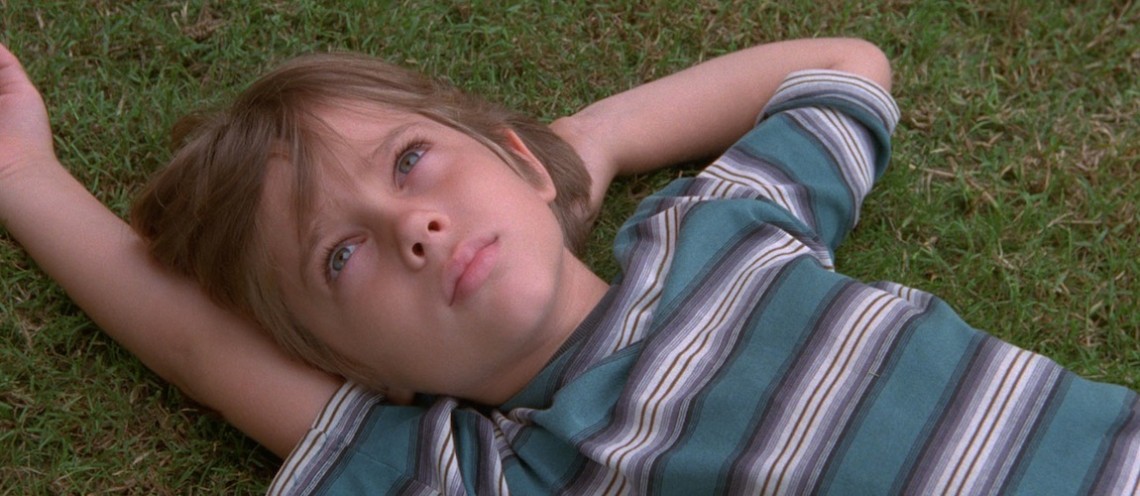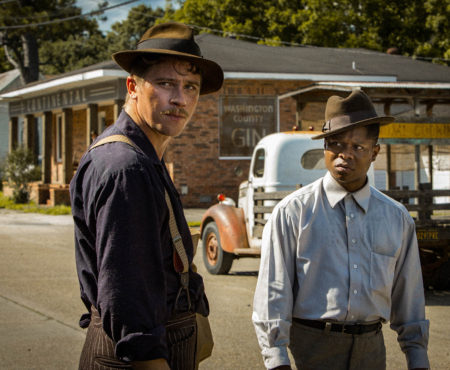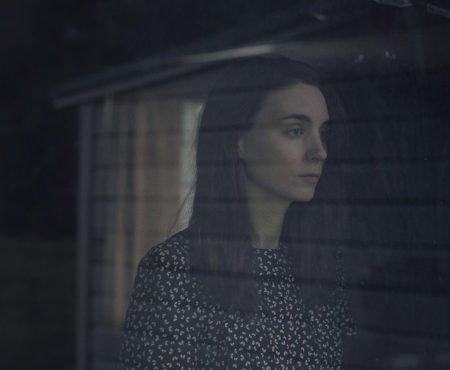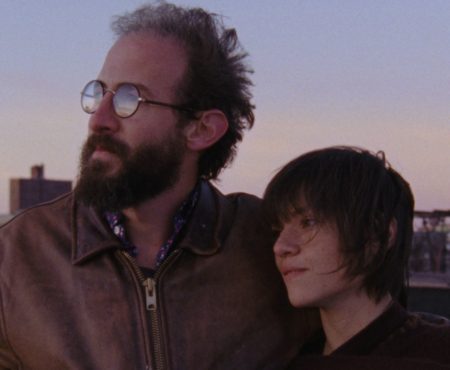Boyhood is the project we’ve kept forgetting, remembering, forgetting again, and re-remembering for over a decade. For a few weeks out of every year, beginning in 2002 and ending in 2013, director Richard Linklater would shoot a few scenes for a movie about a boy. That boy would be played by the same actor, Ellar Coltrane, so this two-and-a-half hour film would capture his entire adolescence. It’s like if the Up series revisited its subjects annually instead of every seven years, and it was all mushed into one film.
The result is, frankly, tremendous. Boyhood is the kind of epic that only Richard Linklater and his frequent editor Sandra Adair could build. It’s long, but not centered on any concrete story other than the general throughline of its main character’s continuing development. The result is a parade of every single emotion on the spectrum, wrapped in aching verisimilitude and a poignant sense of time’s constant passing.
Over twelve years, we watch Mason (Coltrane) go from a seven-year-old to a young man on his first day of college. Along the way, he experiences the divorce of his parents, Olivia (Patricia Arquette) and Mason Sr. (Ethan Hawke), several relocations around Texas, and his mother’s relationships with two different drunken assholes. But he also experiences video games, camping trips, sneaking porno mags, shooting a gun he gets for his birthday, issues at school, and a whole lot of other mundane things that most people encounter growing up. The point of the film lies in that persistent normality, and how, with each passing year, Mason subtly changes.
Each stage of the narrative tackles a different aspect of youth, and each could act as its own short film. At every step, it captures what it feels like to be Mason’s age. When he’s seven, he bickers incessantly with his older sister Samantha (Lorelei Linklater) in a way that anyone with a sibling will recognize as true-to-life. The same goes for how he plays video games with friends at age 10, or goofs off with drunken idiots at 15, or breaks up with his girlfriend in his late teens. Many movies have won acclaim for capturing something familiar and awakening one’s memories and empathy in a particular scene or sequence. Boyhood does it again and again and again and again for a breezy three hours.
And life does just blink by, which is where Linklater’s filming-in-real-time conceit proves to be truly brilliant. In the span of a single cut, Mason ages a year. By the end, as he sits on a rock in a park chatting up philosophy with a cute girl, it seems impossible. He was just seven a second ago, wasn’t he? In one scene, Arquette’s character expresses weeping bemusement over this, just as many mothers have done when it’s time for college to begin. Movies can play tricks with time, and this seems like the natural endpoint of that capability.
Cinema also acts as a time capsule, and each year of Boyhood is its own trip. There are no intertitles explaining when we are, and there is no need for them, since cultural hallmarks both obvious (Obama’s first election campaign) and subtle (updated video game consoles) let us know. This movie holds special significance for anyone who grew up around the same time as Mason–one sequence revolves around the midnight launch of a Harry Potter book, a touchstone of the aughts if there ever was one–but the film works just fine without the recognition factor. It doesn’t use these references for cheap nostalgia, but in ways make sense, given how we are products of our environment, and these movies, books, and events were part of the environment the film observes.
Wading through this stream of time are the foursome that make up Mason’s broken family. Hawke is again playing an impish not-quite-grown-up man, but there’s subtle, impressive maturation over the years. Arquette steals the show, though. Olivia has a magnificent arc from a haggled single mother to an assured, independent college professor. As the lifeline for her two children, she’s put through multiple wringers, embodying dozens of different mindsets along the way. Lead actor Coltrane has an easy instinct for conveying an interior life with just his eyes and body language, even in his younger years, and part of watching him grow is also watching him improve as an actor, sometimes from one scene to the next. But he’s easily overshadowed by Linklater’s daughter as Sam, who feels totally at ease from scene one and only gets better as she goes. It’s enough to make me wish the film had been Girlhood instead.
Consider how difficult it must have been to make this movie. Linklater and his crew had to maintain a certain sensibility, a unity of tone, even a consistent visual style, over a 12-year period. He and Adair had to sort out what was and wasn’t vital out of multiple successive shoots. They all had to leave the project for long stretches, and ensure that they returned to it each time with the proper mindset. Some of the actors went years without seeing each other and had to keep pretending to be family. The logistics are befuddling.
That Linklater and company pulled off this terrifically ambitious stunt is of itself laudable. That Boyhood is so much more than just a stunt is why it’s great. This is a movie where not much happens that probably hasn’t happened to you, but which, in the aggregation of these moments, becomes something utterly profound.





















2 thoughts on “Sundance Review: ‘Boyhood’ Is A Magnificent Labor of Love”
Good review! I loved this film.
Pingback: The 2014 Cinematic Retrospectivus